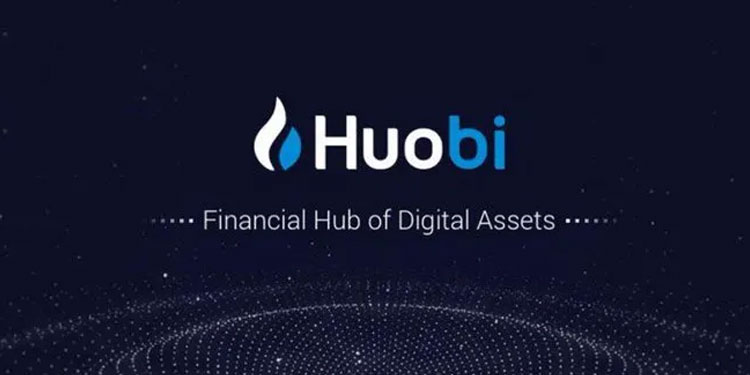
Its primary intention is to offer an infrastructure that complies with regulatory guidelines for financial service providers to install apps in several finance associated industries.
Huobi Chain implements a variable governance model that complies with the requirements of both regulators and enterprises.
On the basis of an assigned proof-of-stake consensus, it permits regulators to offer their inputs to the network via distinct regulatory nodes.
Compliance with KYC (Know Your Customer) and Anti-Money Laundering (AML) covenant is paralleled by a Decentralized Identifier tool that offers confirmable digital identities on the network.
For DeFi to flourish, the ecosystem necessitates regulators and enterprises to set up standards in unison, as per Ciara Sun, Huobi Group vice president of global business.
“With Huobi Chain, we want to provide the decentralized framework that facilitates industry-wide collaboration, which is critical to the widespread adoption of DeFi.”
The Chain’s design has been created to back the high-volume dealings demanded by financial services and its exclusive asset handling capabilities offer support for multi-asset, cross-chain interchangeability.
It has been created to communicate with a broad range of centralized ad decentralized networks, via support for user installed smart contracts and third-party side chains.
The Chain backs popular crypto such as Ether (ETH) and Bitcoin (BTC), in addition to assets issued by Huobi.
This includes Huobi Token (HT), which will function as the only utility token on the network.
Decentralized finance is only beginning to attain its entire potential, with several finance related industries implementing DeFi covenants to improve their services.